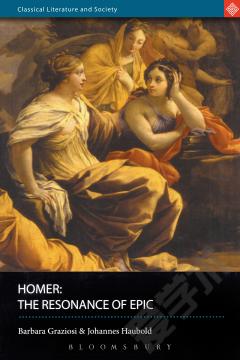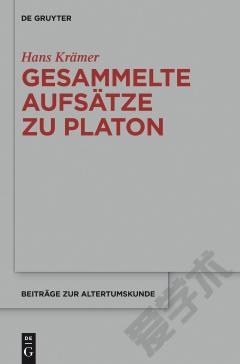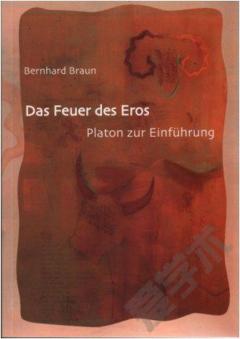Tragic Pleasure from Homer to Plato
This book offers a resolution of the paradox posed by the pleasure of tragedy by returning to its earliest articulations in archaic Greek poetry and its subsequent emergence as a philosophical problem in Plato's Republic. Socrates' claim that tragic poetry satisfies our 'hunger for tears' hearkens back to archaic conceptions of both poetry and mourning that suggest a common source of pleasure in the human appetite for heightened forms of emotional distress. By unearthing a psychosomatic model of aesthetic engagement implicit in archaic poetry and philosophically elaborated by Plato, this volume not only sheds new light on the Republic's notorious indictment of poetry, but also identifies rationally and ethically disinterested sources of value in our pursuit of aesthetic states. In doing so the book resolves an intractable paradox in aesthetic theory and human psychology: the appeal of painful emotions.
{{comment.content}}








 京公网安备 11010802027623号
京公网安备 11010802027623号